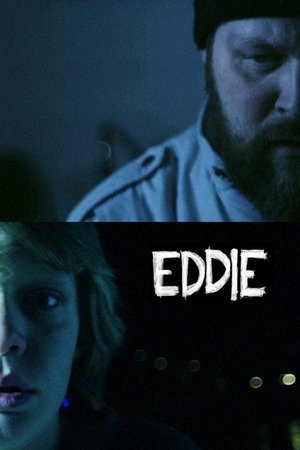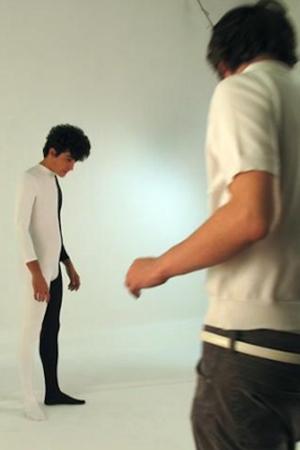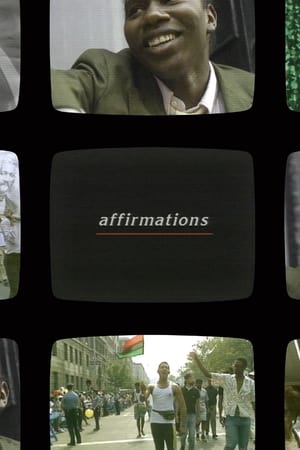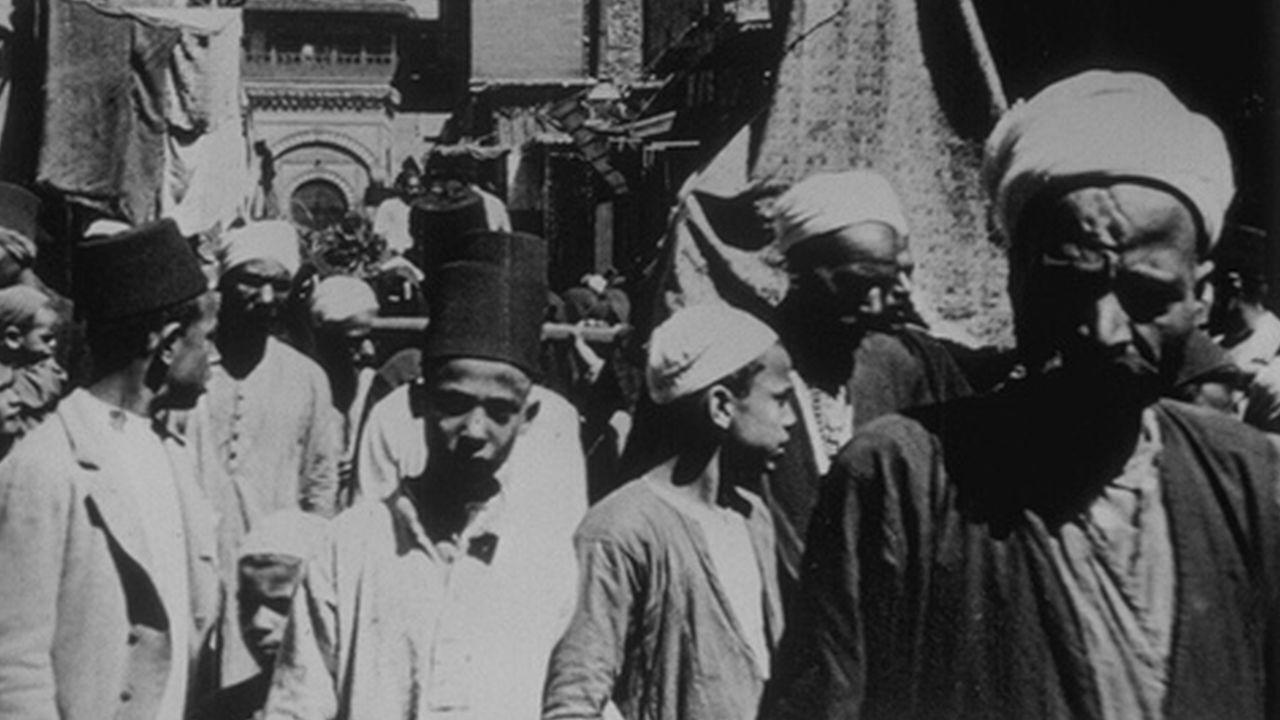
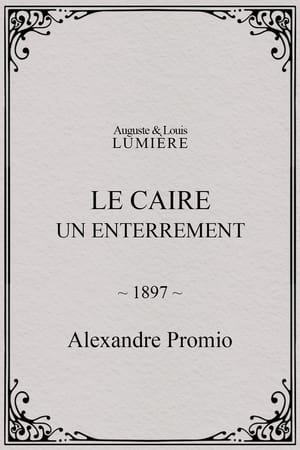
Le Caire, un enterrement(1897)
A funeral parade in Cairo.
Movie: Le Caire, un enterrement

Le Caire, un enterrement
HomePage
Overview
A funeral parade in Cairo.
Release Date
1897-03-14
Average
4.2
Rating:
2.1 startsTagline
Genres
Languages:
No LanguageKeywords
Recommendations Movies
Pretty Bloody: The Women of Horror(en)
Pretty Bloody: The Women of Horror is a television documentary film that premiered on the Canadian cable network Space on February 25, 2009. The hour-long documentary examines the experiences, motivations and impact of the increasing number of women engaged in horror fiction, with producers Donna Davies and Kimberlee McTaggart of Canada's Sorcery Films interviewing actresses, film directors, writers, critics and academics. The documentary was filmed in Toronto, Canada; and in Los Angeles, California and New York City, New York in the US.
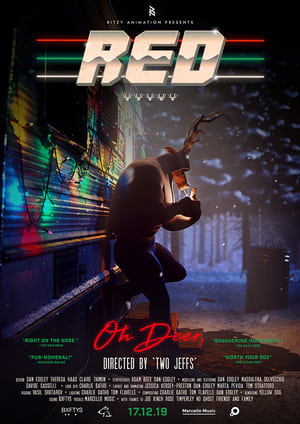 5.2
5.2RED(en)
Once a legend, hero, and leader of the pack, Rudoph now lives alone in a trailer on the outskirts of the North Pole. After watching a documentary charting his fall from grace, a fired up Red decides to make the ultimate comeback and reclaim his spot as the King of Deers.
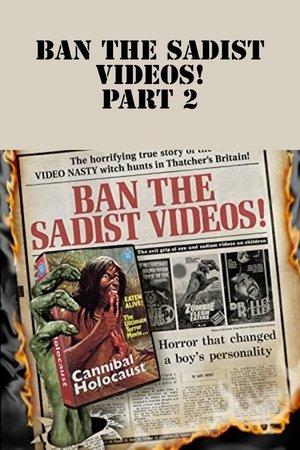 6.8
6.8Ban the Sadist Videos! Part 2(en)
An investigation of UK video censorship after the video recordings act was introduced.
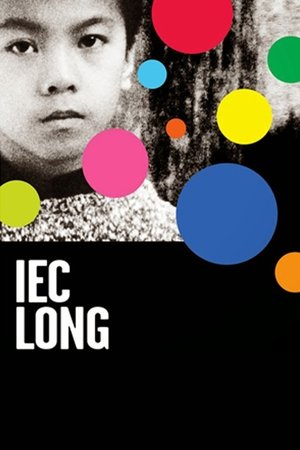 5.2
5.2IEC Long(pt)
The word panchão was first heard in Macao. From the Chinese pan-tcheong or pau-tcheong, dictionaries define it as a Macanese regionalism also known as China cracker. Who inhabits the ancient IEC Long firecracker factory?
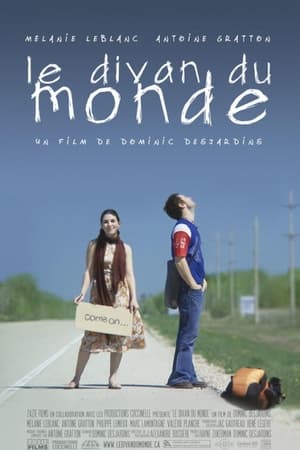 5.3
5.3Everybody’s Couch(fr)
Zoe, a young Acadian woman, decides to head home to her mother in Prince Edward Island after a failed relationship on the West Coast. Out of money, she decides to hitchhike and to rely on the kindness of strangers to carry her across the country. The first person to offer her a couch to sleep on is Alex, a musically gifted francophone who moved to Vancouver a few years ago to work for a software company. Alex decides to leave his job and follow Zoe. A romantic who is convinced he's found his soul mate, Alex's love is challenged throughout the trip. From one couch to the next, from one city to the next, they learn to trust and draw strength from one another giving new meaning to their lives.
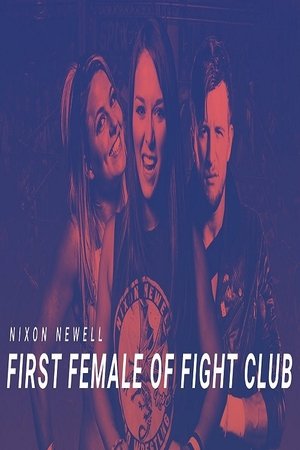 8.0
8.0Nixon Newell: First Female of Fight Club(en)
Since 2013, Nixon Newell has travelled the world as a professional wrestler. This is the story of her goodbye to independent wrestling.
 5.0
5.0Legend of the Muse(en)
A painter's life is changed forever when a mythical and deadly spirit from Celtic lore becomes his muse and lover.
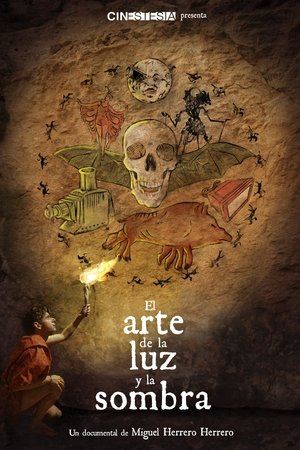 0.0
0.0The Art of Light and Shadow(es)
The unknown and fascinating origins of cinema and audiovisuals from prehistory to the beginning of the 20th century.
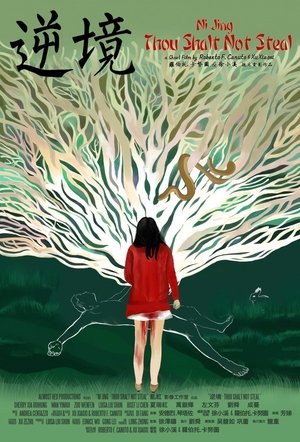 7.8
7.8Ni Jing: Thou Shalt Not Steal(zh)
Xiaofan, a young girl who works at a Karaoke Club, awakes one morning in a remote forest with her body covered in blood. As she struggles to find her way out, she tries to understand the drama circumstances which got her into the situation, events mainly related to her unpredictable boyfriend. She needs to make a decision that may change her life.
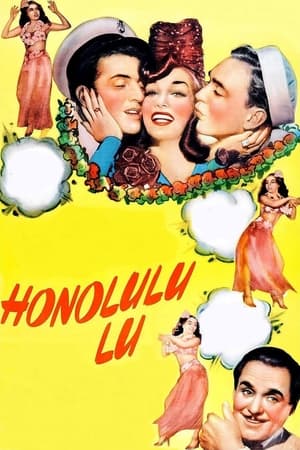 4.2
4.2Honolulu Lu(en)
While in Hawaii, Velez begins the film as a risque nightclub act and due to her involvement with a group of sailors becomes a beauty queen.
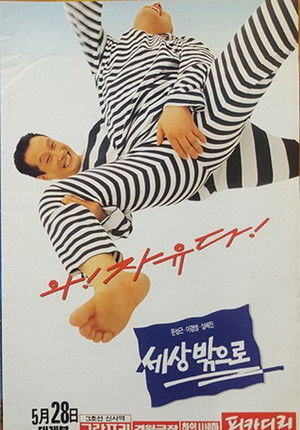 6.0
6.0Out to the World(ko)
A satirical allegory of contemporary South Korean politics, the film follows the exploits of two convicts who accidentally escape while being transferred to another prison. Before they can turn themselves back into custody, they meet a female outlaw. She persuades the pair of prisoners to rob a bank in Seoul. When their robbery turns into an embarrassing fiasco, the two decide to flee to the North Korean border.
Dschugaswili from Georgia(de)
Forced collectivism, famines, errors and mistakes mark Stalin´s ruthless rise to dictorial power and only increase his madness until he even declares a chicken to be an English spy that should be liquidated.
Our Better World(en)
The world faces many challenges today, ranging from pollution to overpopulation. But as long as one keeps searching for solutions, all's not lost.
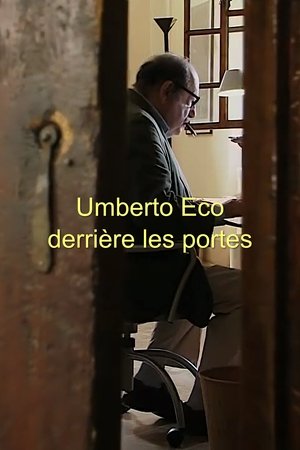 8.0
8.0Behind the Doors of Umberto Eco(fr)
Umberto Eco, the author of best-selling novels who passed away in February 2016, unveils the secrets behind his undertakings and novels.
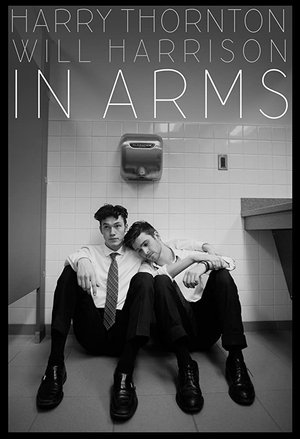 4.0
4.0In Arms(en)
Two brothers channel grief in different ways at their mother's funeral.
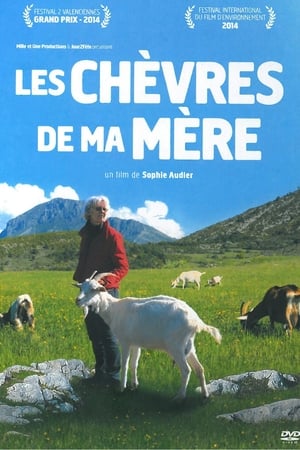 6.0
6.0All My Mother's Goats(fr)
For over 40 years, Maguy has been manufacturing goat cheese in the respect of nature and animals, on an isolated plateau in the Gorges du Verdon. Retiring Soon, she must give her flock. She decides to sponsor Anne-Sophie, a young farmer wishing to establish herself. Over the seasons, the transmission process turns out to be a painful renunciation for one and a difficult learning for the other. Can we still transmit the taste for freedom?
Similar Movies
 7.1
7.1The Arrival of a Train at La Ciotat(fr)
A group of people are standing along the platform of a railway station in La Ciotat, waiting for a train. One is seen coming, at some distance, and eventually stops at the platform. Doors of the railway-cars open and attendants help passengers off and on. Popular legend has it that, when this film was shown, the first-night audience fled the café in terror, fearing being run over by the "approaching" train. This legend has since been identified as promotional embellishment, though there is evidence to suggest that people were astounded at the capabilities of the Lumières' cinématographe.
 7.5
7.5Berlin: Symphony of a Great City(de)
A day in the city of Berlin, which experienced an industrial boom in the 1920s, and still provides an insight into the living and working conditions at that time. Germany had just recovered a little from the worst consequences of the First World War, the great economic crisis was still a few years away and Hitler was not yet an issue at the time.
 5.0
5.0Libre(en)
For detained immigrants who can’t pay their bond, for-profit companies like Libre by Nexus offer a path to reunite with their families. But for many, the reality is much more complicated. “Libre” sheds light on one of many hidden costs of reunification for immigrant families.
 7.0
7.0Land Without Bread(es)
An exploration —manipulated and staged— of life in Las Hurdes, in the province of Cáceres, in Extremadura, Spain, as it was in 1932. Insalubrity, misery and lack of opportunities provoke the emigration of young people and the solitude of those who remain in the desolation of one of the poorest and least developed Spanish regions at that time.
Rambling 'Round Radio Row #1(en)
Jerry Wald has to write about radio, visiting Sid Gary gives him the tip it might be more easy for him to write this article at the radio station than at his newspaper office. At the studio they listen to the Boswell Sister's rehearsal, which is interupted by some not so friendly remarks by orchestra leader Abe Lyman, they listen at the door, where a Colonel Stoopnagel broadcast is prepared, as well as to the rehearsal of a new song for an broadcast by Kate Smith.
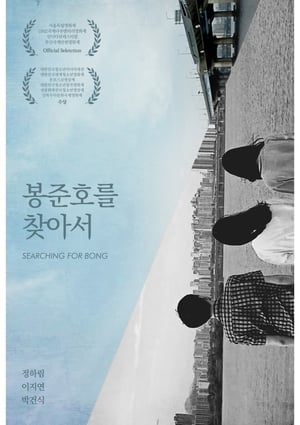 7.0
7.0Searching for Bong(ko)
Unlike our dream of becoming a great filmmaker, the movie boards that adults talk about are tough. We are looking for our idol, Bong Joon-ho...
The Screen Writer(en)
This short film focuses on the job of the Hollywood screenwriter.
 4.2
4.2Song 5(en)
SONG 5: A childbirth song (the Songs are a cycle of silent color 8mm films by the American experimental filmmaker Stan Brakhage produced from 1964 to 1969).
 8.2
8.2Night and Fog(fr)
Filmmaker Alain Resnais documents the atrocities behind the walls of Hitler's concentration camps.
The Voice of Hollywood(en)
The Voice of Hollywood hosted by Pat O'Brien. Features Joan Blondell, Robert Montgomery, Elissa Landi, Warner Baxter, and the coronation of Mary Pickford as "Queen of the Arts." It is not currently clear which number in the series this is because it isn't on IMDB or any listing).
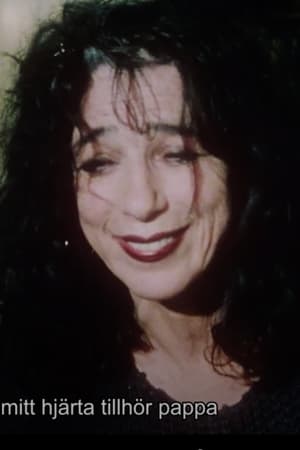 0.0
0.0My Heart Belongs to Daddy(yi)
"My heart belongs to daddy / Majn harts gehert tsum tatn" - the same old love song. But now it is actress Basia Frydman who sings it in Yiddish accompanied by her musicians at home in Kjell Westling's living room. And Tate, that's Basia's lovely old dad Simon, doing his work in a hairdressing salon.
Monga ma loba - Der Götterberg(de)
The film documents the ascent of Monga ma loba, the mountain of the gods in the Cameroon Mountains, and a visit to the town of Buea. The material was shot on an expedition to Cameroon in 1934.
Bantu weiss nichts von Europa(de)
A visit to the Bantu in Cameroon and the indigenous town of Kumbo. The living and working conditions of the Bantu and Bororo tribes are shown as part of this expedition.
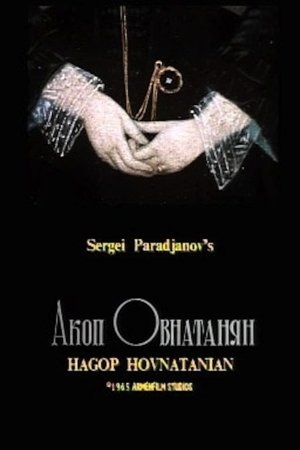 6.1
6.1Hakob Hovnatanyan(hy)
Exploring the art of Armenian portraitist Hakob Hovnatanyan, Parajanov revives the culture of Tbilisi of the 19th century.
Clouds Weep on the Greenness(fa)
A young girl is trying to relate to her grandmother's death which quickly becomes more than a personal loss.
Fanalysis(en)
Actor/cult icon Bruce Campbell examines the world of fan conventions and what makes a fan into a fanatic.
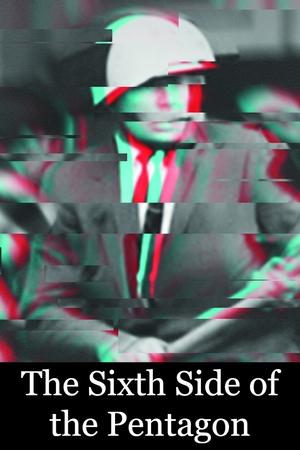 6.0
6.0The Sixth Side of the Pentagon(fr)
On October 21, 1967, over 100,000 protestors gathered in Washington, D.C., for the Mobilization to End the War in Vietnam. It was the largest protest gathering yet, and it brought together a wide cross-section of liberals, radicals, hippies, and Yippies. Che Guevara had been killed in Bolivia only two weeks previously, and, for many, it was the transition from simply marching against the war, to taking direct action to try to stop the 'American war machine.' Norman Mailer wrote about the events in Armies of the Night. French filmmaker Chris Marker, leading a team of filmmakers, was also there.
